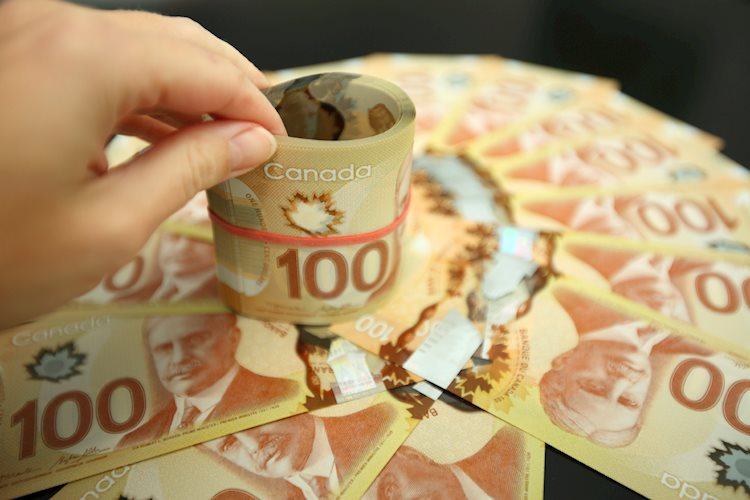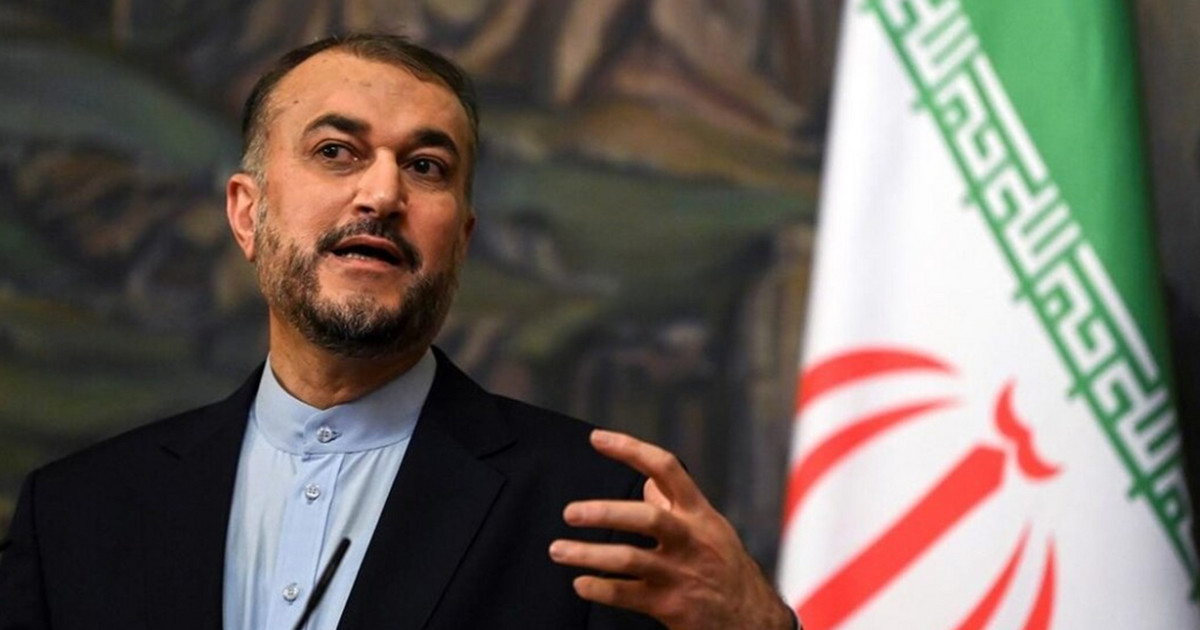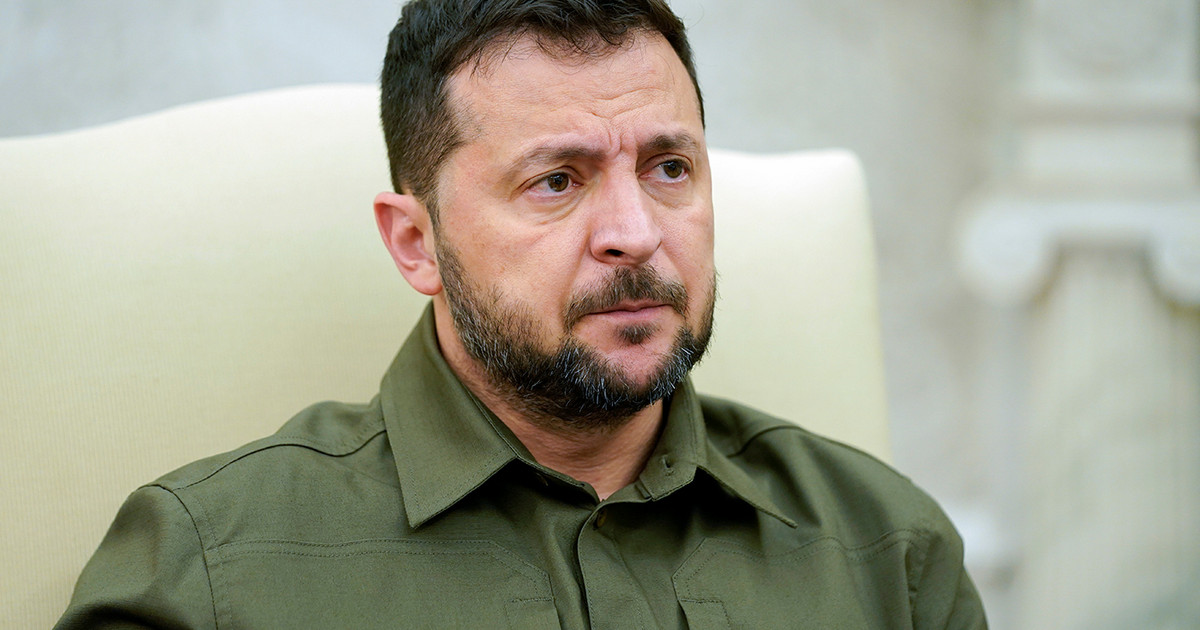Former president Luiz Inácio Lula da Silva (PT) once again criticized, this Tuesday (22), Petrobras’ pricing policy and defended the “Brazilianization” of fuel prices, that is, a formation in reais for the prices charged for petroleum derivatives in the domestic market.
Encouraging the attraction of more competitors, in the face of a virtual monopoly by Petrobras, and also experiences of price control by the state-owned company in the past, which cost the company years of loss, are among the factors defended by economists heard by the CNN Brazil so that the fuels sold in Brazil continue to follow the prices of the international market.
The call Petrobras’ price parity policy, however, is strongly supported by economists and energy sector experts. Adopted since 2016, the policy fully transfers the price of the dollar and the barrel of oil abroad for derivatives sold in Brazil, such as gasoline, diesel or cooking gas.
Many also argue that controlled prices can lead to a lack of fuel and other derivatives in the country, with the possibility of other suppliers leaving the country and Petrobras not being able to supply everything by itself.
“We have no way of thinking that the government can intervene. The price has to represent the cost, the opportunity cost, the margins and the taxes. Anything outside of that is distorted and is bad for the economy,” said Luiz Augusto Horta Nogueira, former director of the National Petroleum Agency (ANP).
“When former president Dilma Rousseff intervened in prices, ethanol plants closed because competition became impossible. Brazil bought gasoline at a price and sold it below. Brazil is an exporter, what we need is to expand local production,” she added.
“Price Nationalization”
In an interview on Tuesday with radio Som Maior, in Criciúma (SC), Lula said that “the price of fuel needs to be nationalized” and that, if he wins this year’s presidential elections, “we are going to make the price Brazilian”.
“It is important that the price of gasoline is based on our currency. (…) The people who earn a salary in reais and buy food in reais need to buy gasoline at a dollar price because Brazil gave up its sovereignty and gave up Petrobras,” said PT, a possible candidate for the Presidency of the Republic and leader of the voting intentions.
Sought, the PT’s press office clarified to the CNN Brazil that, when Lula talks about “Brazilianizing the price”, he was referring to the change in Petrobras’ pricing policy, but he did not give the details on what that would be like.
Cost to Petrobras
Economist Juliana Inhasz, a professor at Insper, believes that the idea of detaching domestic prices from the international reality has already been raised on other occasions, and by other politicians as well, and would involve Petrobras absorbing excessive costs due to the rise in oil prices, without passing them on. in fuel prices.
“It would be subsidizing oil, fuels, for those who consume the most, and those who consume the most today are the upper classes. The poorest are affected by fuels but indirectly by other prices that go up,” she says.
At the same time, the change in the pricing policy would represent a debt, and even loss, for the state-owned company that would need to be paid at some point, in this case, by the population. Inhasz says that this strategy “has zero feasibility”. “Today we don’t have room to accumulate public debt”, says the economist.
different scenario
Economist Edmar de Almeida, a professor at the Energy Institute at PUC-Rio, explains that even if a possible new PT government wanted to replicate the Petrobras price freeze practiced during Dilma Rousseff’s administrations (2011-2016), the effect would no longer be the same. The reductions would not reach the entire country, with risks of shortages.
This is because, since then, Petrobras has already reduced in size, with some refineries sold to the private sector and also the opening of the market to fuel importers that today complement demand.
“We are not self-sufficient in fuel production. We export oil, but we import derivatives”, says Almeida. About 30% of the diesel consumed today in Brazil, he explains, is imported, while 20% to 25% of the liquefied petroleum gas (LPG) – cooking gas – also has to be brought in from abroad”, says Almeida.
“It is the price parity policy that guarantees the viability of the participation of private companies in the sector. Today, if Petrobras subsidizes prices, competitors will not want to bring more expensive from abroad and Petrobras, alone, does not have the logistics to deliver to the entire country.”
The economist does not, however, rule out public policies, subsidized by the government and not by the company, that help to mitigate volatility and extreme price spikes. Tax reductions and aids such as the gas voucher and the proposed aid to self-employed drivers are some examples he mentions.
“Prices have to be totally free, but that doesn’t prevent governments from making public policies to limit impacts at times like this”, he says. “That’s what’s happening in the United States or Europe. The market is free, but governments are not sitting idly by.”
*With information from Gustavo Uribe
Source: CNN Brasil
I am Sophia william, author of World Stock Market. I have a degree in journalism from the University of Missouri and I have worked as a reporter for several news websites. I have a passion for writing and informing people about the latest news and events happening in the world. I strive to be accurate and unbiased in my reporting, and I hope to provide readers with valuable information that they can use to make informed decisions.






